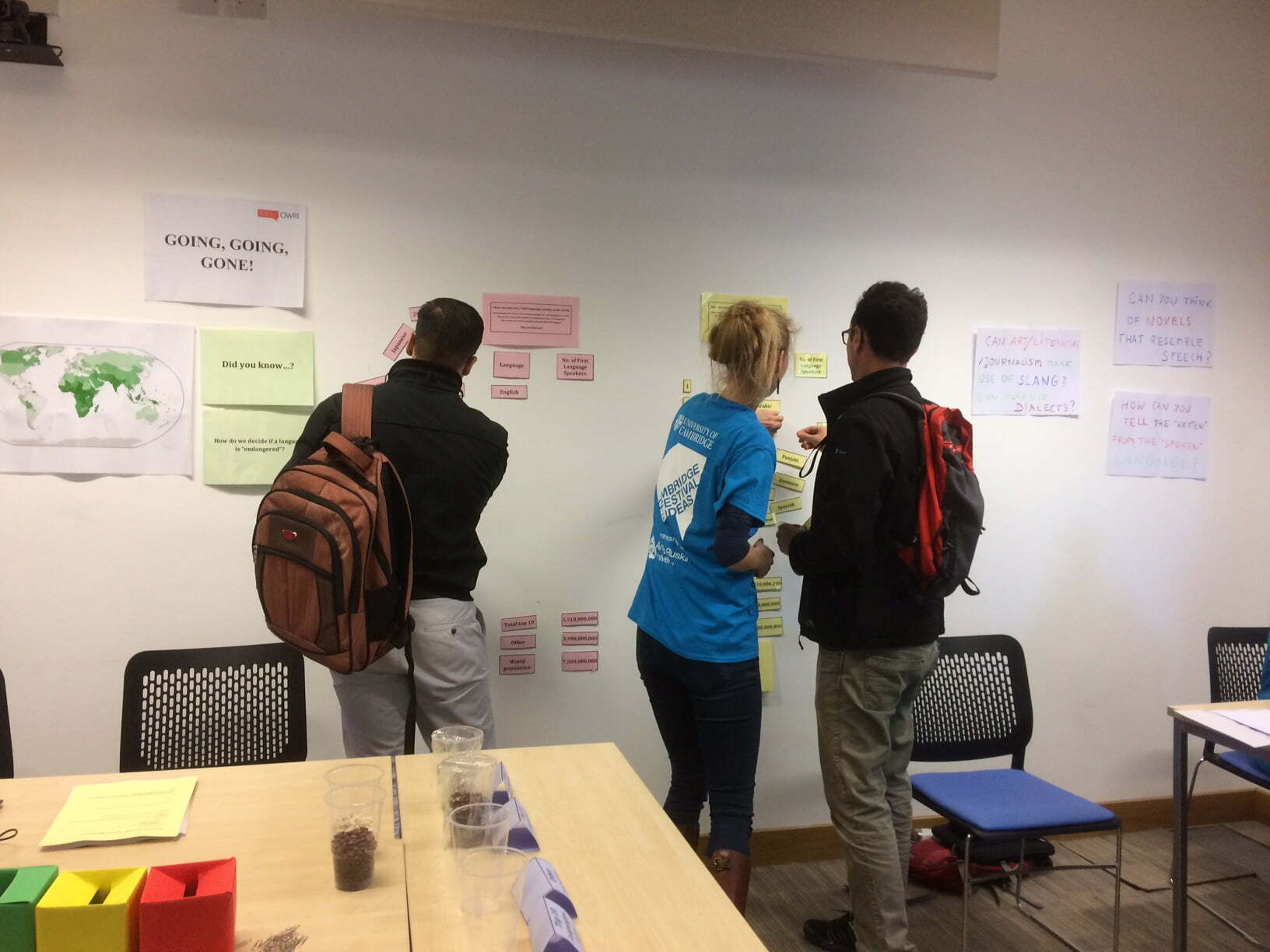Tracing the adventure of ‘FoodonTV’ from Gujarat farms to getting millions of subscribers
Tyler Shores has involved the manner we read and wonders if social media has something to do with it. He’s acting at the Cambridge Festival of Ideas, speaking about his studies into the impact of social media on human beings’ studying behavior. Although not all of it’s far negative, he has one worry. It’s called limitless scroll.
“The things that I worry approximately make us particularly distraction inclined and make us quarter out are in what’s called the consumer interface. Infinite scroll is particularly pernicious; that is what you locate on Instagram, YouTube, or Twitter. You can scroll forever, and there might be no stop. I find that traumatic in phrases of what we are doing to our brains.
“If I were to give a prescription for the way to be a higher reader, I’d say surely avoid those things due to the fact I think they’re in particular thoughts numbing. You can scroll for 30 or 40 minutes after which appearance up and pass: wherein am I? What happened? That is bizarre – it is just like the opposite of being caught up in a good book. I sense like our brains have long past some other place and had been sucked into the rabbit hole of scrolling distraction.”
Tyler first became interested in the effects of social media and the internet on how we read. At the same time, he got here throughout an American magazine, The Atlantic editorial that asked whether it turned into inflicting us to have a shorter attention span.

“This becomes earlier than social media turned into massive. However, it became approximately the sensation that humans were having difficulty studying longer texts or even enjoying longer texts as a lot. It struck a chord with me, and I became questioning approximately the future of analyzing. I can nevertheless concentrate; however, what surprised me turned into that I changed into playing reading books less, and I felt sad approximately it.”
His research in Cambridge is especially about how people read virtual books as compared with print. After speaking with many one-of-a-kind human beings about how they read, he has discovered a few interesting consequences, but whether social media has affected our analysis isn’t always easy.
“The short answer is sure it has; however, the greater exciting answers are the how and the why. I located social media that might evolve with our analyzing habits, and it’s a two-manner road. For example, Facebook currently dabbled in novels with James Patterson, who made a book to be studied inside the Facebook messenger app. It has unique, enticing functions like the fictional man or woman has their own social media profiles and that they publish things based on what came about within the novel, and there are interactive maps. I notion, ‘OK, that’s exciting. It’s an experiment, but they’re trying to use social media as a way to have interaction readers.”
Tyler says: “I suppose they appearance simply desirable, but there’s a question of what counts as studying at that point whilst you are watching essentially an animated film that has words in it. It’s more similar to watching a movie with subtitles; however, you’re nevertheless reading. You are in this nebulous quarter.”
Meanwhile, revealed books are becoming extra ‘Instagrammable,’ with ever greater enticing covers that human beings want to image.
“It’s no longer just what’s between the covers; this is important any greater,” says Tyler. “Publishers are thinking about making books with the Instagrammable covers in mind.
“Designers I spoke to stated it’s not simply critical to have e-book covers that look desirable on bookshelves, and the covers should look properly anywhere however bookshelves. There has been a shift to catchy, major e-book covers with a blockier font that’s simpler to examine and spot on a small display.
“There’s an emphasis on covers themselves being worthy of sharing. Both publishers and potential readers are very lots judging a book by way of its cover as you could see on the hashtag ‘bookstagram.’”
“Maybe you have got visible on social media that humans will create those lovely scenes of reading with the open e-book and a tumbler of wine and a candle, a cat and a fireplace within the historical past. It says, ‘this is the type of man or woman I am and the lifestyles that I stay.’ The ebook will become an object of social capital.”
Tyler discovered that bodily books are acceptable as items, including the 20th anniversary Harry Potter books with unique covers, but that human beings also loved the feel of revealed books compared with studying on display.
“What amazed me with my research is the way we bodily interact with books still topics – mainly the sense of touch, the haptic comments,” he says. “People say they miss the feel of the pages. Our arms seem to count more than we realized when it comes to printed books.”
